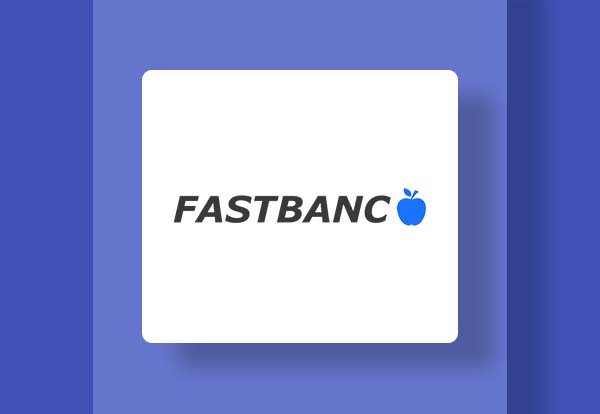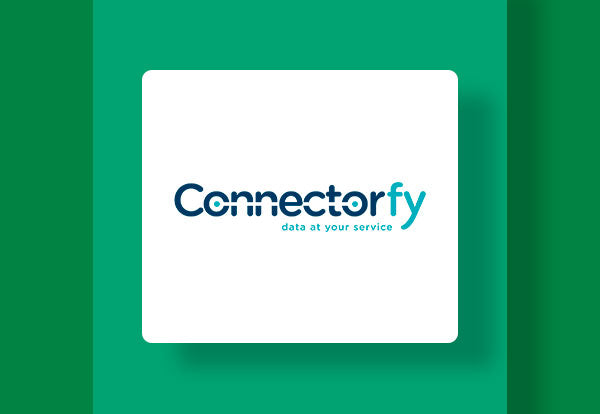In today’s digitalized world, the need for secure and reliable identification is more relevant than ever. In this context, the Worldcoin project, led by Tools for Humanity Corporation GMBH and supported by names such as Sam Altman of OpenAI , emerges as an innovative proposal with its ambitious goal of developing a digital ID or passport of humanity.
Worldcoin’s premise is simple yet powerful: give people a way to authenticate themselves to internet services securely and without fear of impersonation by artificial intelligence or other individuals who may have access to their credentials . Using biometric iris scanning technology, its Orb device is being deployed around the world, from permanent locations to pop-up events in busy places like shopping malls.
The appeal for users is clear: by scanning their iris, Worldcoin issues a World ID, or universal passport, and as an incentive, pays iris holders with approximately 10 tokens of its own cryptocurrency. With users in over 120 countries and a total exceeding 3 million , the project has gained traction globally.
The Worldcoin project operates as a decentralized infrastructure , acting as a protocol or application on the Ethereum network . It works through a smart contract but its focus is directed towards digital identity verification through what they call proof of personality (PoP).
However, Worldcoin’s path has not been without controversy. Iris scanning technology has faced criticism related to privacy, with concerns about the security and protection of sensitive biometric data . In addition, the informed consent of individuals who agree to have their iris scanned and the use of the data collected has been questioned.
According to Trevor Traina, who just a few months ago joined Worldcoin as Head of Global Affairs and Business Development to help reinforce its commitment to regulatory compliance, “ KYC, the gold standard of fraud prevention used by banks and international agencies, can now be falsified by bots and artificial intelligence. So, in a scenario where the old tools no longer serve us, we need something else to hold on to, something else to anchor us and that is World ID. I feel that this will be such a valuable tool for humans that I felt compelled to join the project .”
These concerns have led to state attempts at regulation, from reasonable measures to bans in some countries. As the project moves forward, it is crucial to address these concerns and find a balance between technological innovation and the protection of privacy and individual rights.
Worldcoin already has over 10 million people using World App, a self-custodial virtual wallet . In addition, World App has 2 million daily active users in 160 countries, with over 70 million total transactions . The app has seen an average of 7.1 transactions per second, making it one of the most popular self-custodial wallets worldwide.
Ultimately, the future of digital identity is at stake, and Worldcoin is at a crossroads: is it leading the way toward secure and accessible digital ID for all, or will it face greater regulatory challenges in its pursuit of this vision? The answer could define the course of digital identity for years to come.






